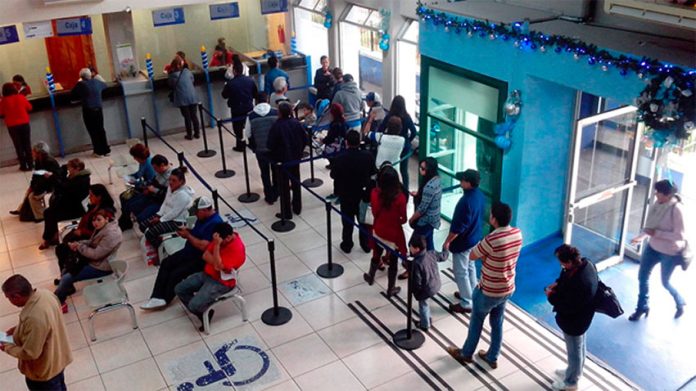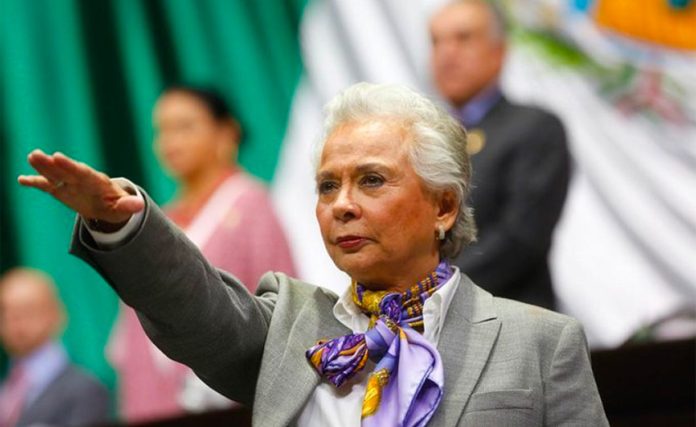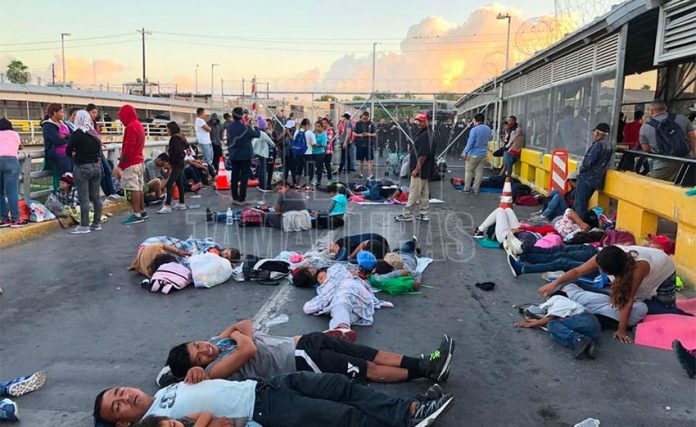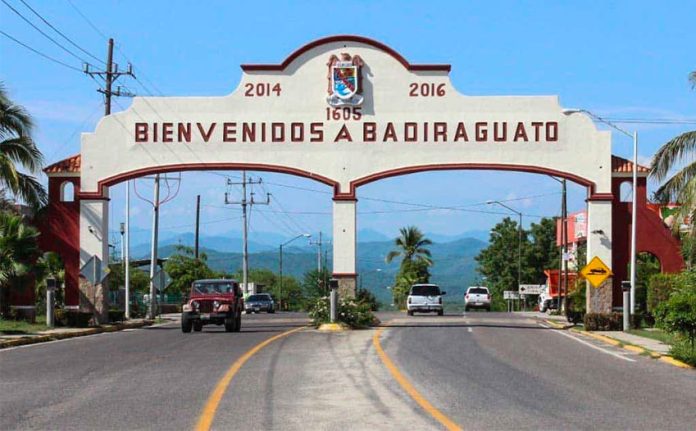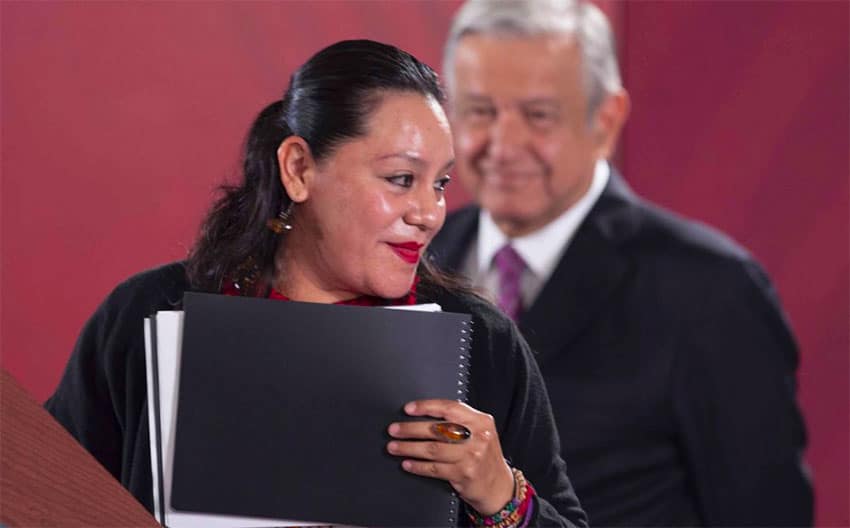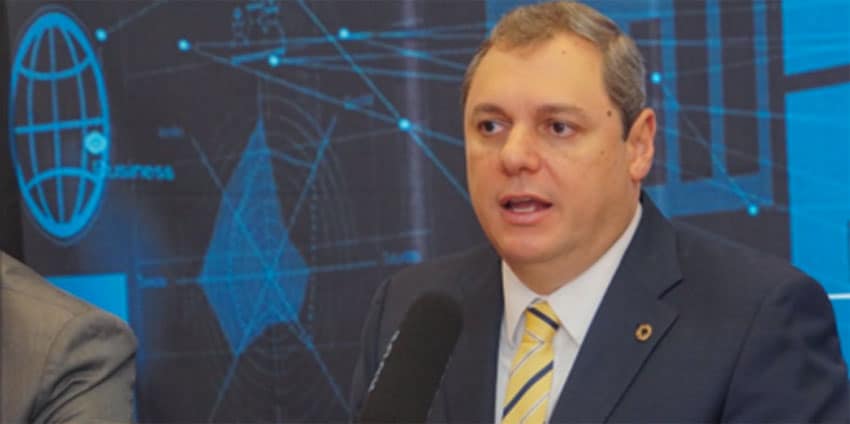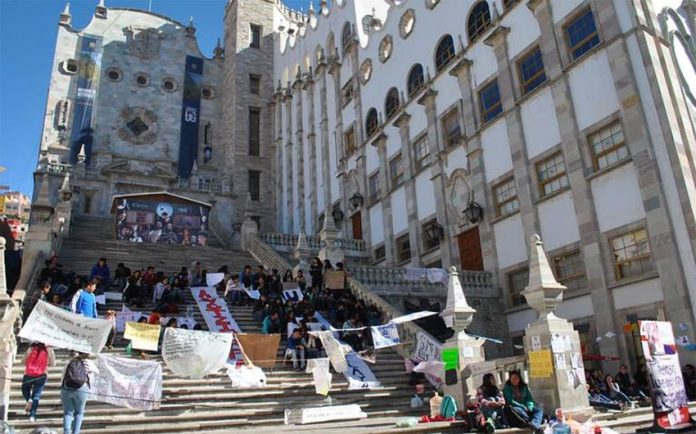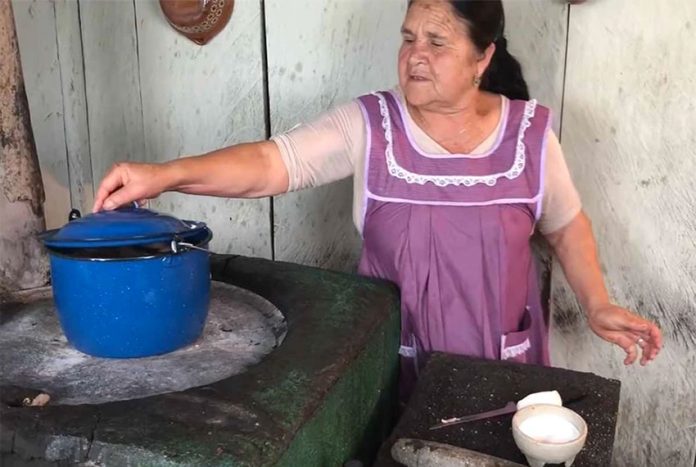The Mexico City Formula 1 Grand Prix has won the award for best live sporting event at the 2019 Leaders Sports Awards in London, England.
The race held annually at Mexico City’s Hermanos Rodríguez racetrack was selected from among 450 events in five categories from around the globe.
The event was chosen as a finalist in August to compete against the 2018 US Open in New York City, the Drone Racing League in Munich, Germany, the Cricket Pool Deck in Brisbane, Australia, and the Overwatch League E Sports Finals in Brooklyn.
In addition to the skill of the competitors, the judges also recognized the creativity and quality of the 2018 F1 podium celebration, which included a live performance by Dutch DJ Armin Van Buuren in front of 30,000 fans in Mexico City’s Foro Sol stadium.
Held in London’s Natural History Museum, the awards ceremony included a parade featuring soccer clubs Arsenal, Manchester United and Liverpool, basketball teams the Cavaliers, Clippers and Raptors, and the Williams F1 racing team.
Mexico Grand Prix general manager Federico González Compeán attended the event.
“Each year we strive to offer our attendees a memorable experience that also exalts the name of Mexico,” he said. “Receiving this award as the best sporting event represents the great pride and satisfaction of our work as organizers. Without a doubt, this will drive us to continue working to offer the best party to our Mexican fans.”
The Mexico City Grand Prix has also been named the Best F1 Race by the International Automobile Association (FIA) for the last four years in a row, and was also awarded Promoter of the Year at the FIA Americas Awards.
This year’s race takes place October 25-27.
Sources: Milenio (sp)

